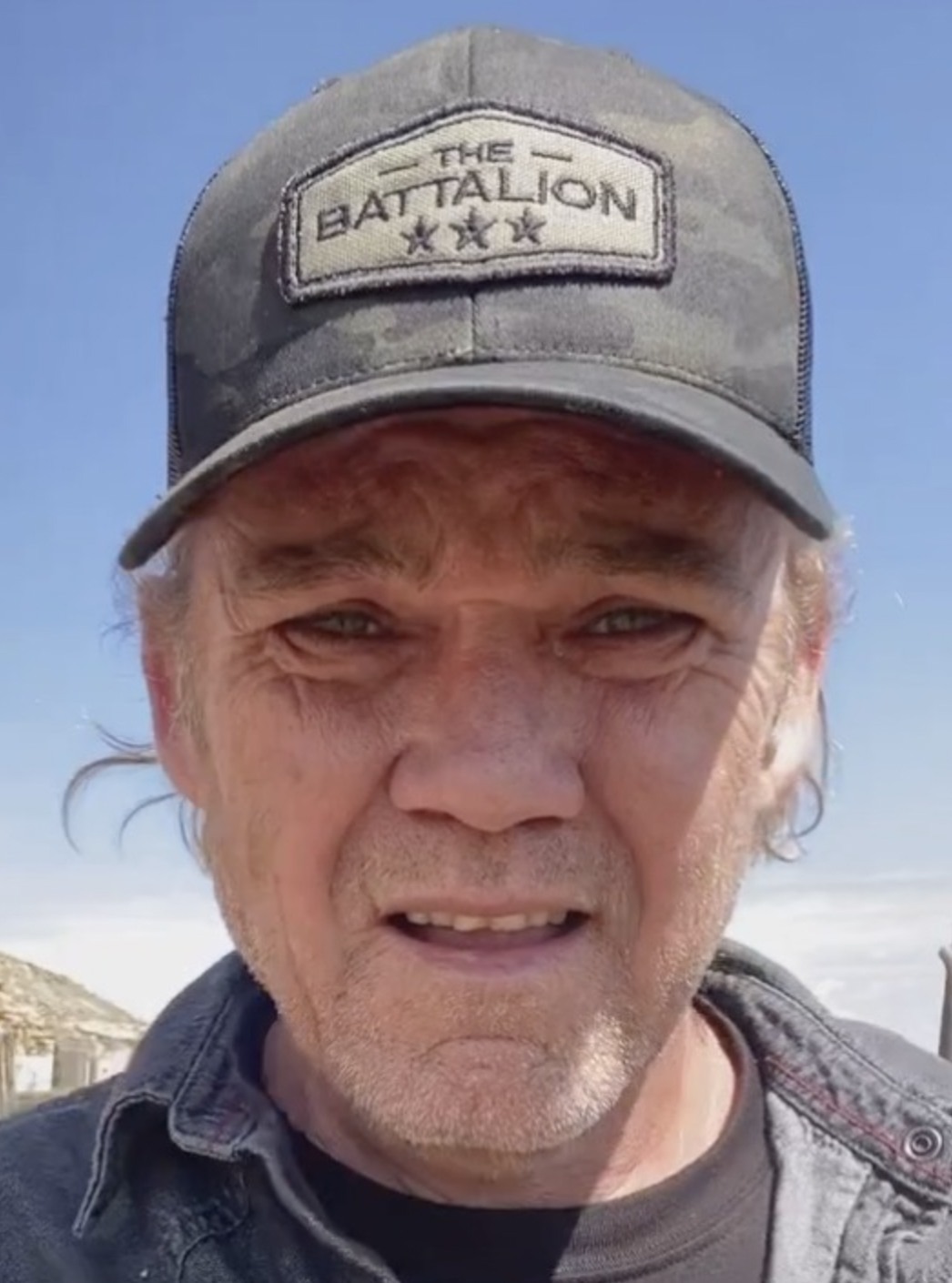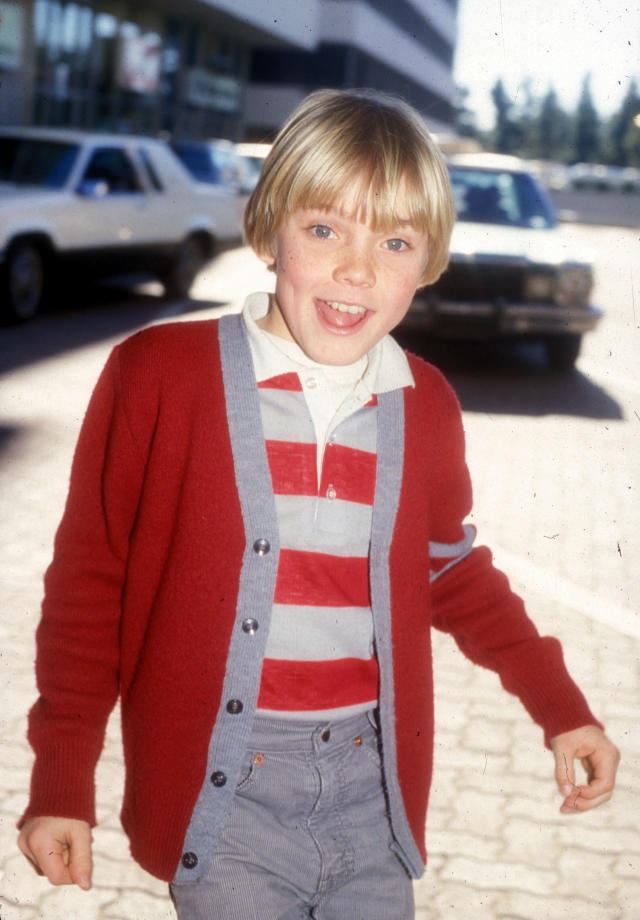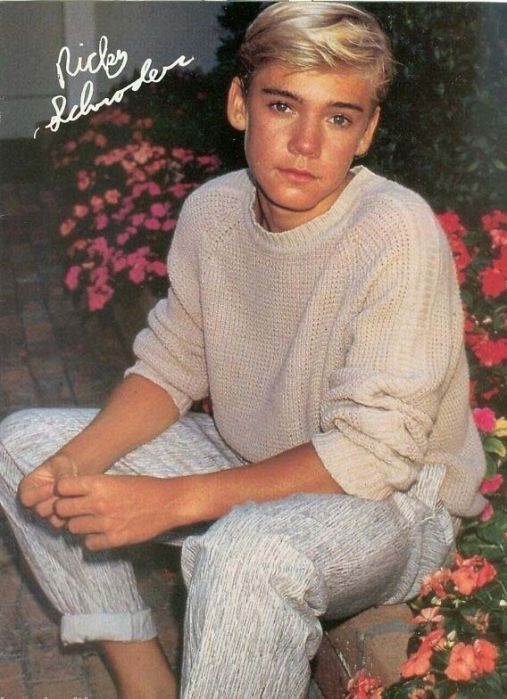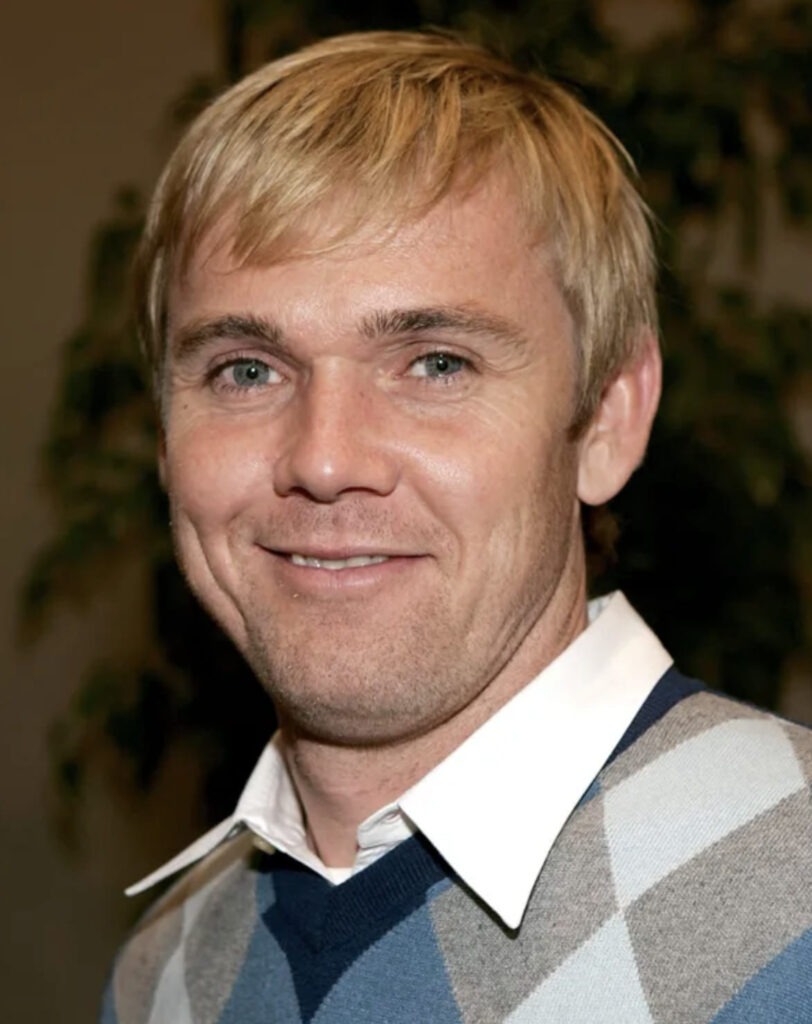Once hailed as one of America’s most promising young actors, Ricky Schroder captivated hearts with his striking blue eyes and boyish charm. From his breakout performance in The Champ (1979), which earned him a Golden Globe at just nine years old, to his starring role in the hit sitcom Silver Spoons throughout the 1980s, Schroder seemed destined for an enduring place in Hollywood’s spotlight. But as is so often the case in the entertainment world, life after childhood fame proved more complex than the early fairy tale suggested.
Now in his 50s, Ricky Schroder has reemerged into the public eye — not with a major new project, but via a series of rugged and somewhat disheveled social media appearances that have prompted concern among fans. A recent Instagram video, in which Schroder appears noticeably aged, with a rough beard and weathered demeanor, has led many to speculate about his physical and mental well-being.
While some admirers attribute the change to his embrace of rural, off-the-grid living — Schroder has spent recent years managing a sprawling farm — others express deeper concerns, citing a history of personal challenges and legal issues.

A Star Is Born
Ricky Schroder’s career began with a bang. His role in The Champ, alongside Jon Voight, not only showcased his extraordinary acting ability but also marked him as one of the youngest actors ever to win a Golden Globe. His emotionally rich performance — complete with tearful pleas and earnest vulnerability — made him a household name almost overnight.
He capitalized on that momentum by starring in Silver Spoons (1982–1987), where he played Ricky Stratton, a privileged, mischievous boy reconnecting with his wealthy father. The show was a staple of family-friendly television and made Schroder a teen idol. His wholesome image and natural charisma attracted legions of fans.
A Shift in Image
As he matured, Schroder worked hard to shed his child-star persona. He took on more serious, adult roles — notably as Detective Danny Sorenson on NYPD Blue (1998–2001) and guest appearances in Scrubs and 24. These parts demonstrated his versatility and ability to evolve as an actor, earning him critical respect in a new phase of his career.
He also branched out into directing and producing. His independent war drama Black Cloud (2004), which he wrote, directed, and produced, won several awards and revealed a thoughtful, more introspective side of the former child star. The film reflected themes of struggle, redemption, and identity — issues that, in hindsight, mirrored aspects of Schroder’s own life.

Personal Struggles Behind the Scenes
Despite professional achievements, Ricky Schroder’s personal life has been marked by turbulence. He married interior designer Andrea Bernard in 1992, and the couple had four children. They appeared to share a quiet, family-oriented life for several years. However, cracks began to show, and they eventually divorced in 2016 after 24 years of marriage.
Not long after, Schroder faced legal trouble, including arrests related to domestic disputes. Though charges were eventually dropped, the incidents painted a difficult picture of a man wrestling with emotional volatility and the consequences of fame.
The shift from golden boy to a more reclusive and controversial figure left fans divided. Some continued to support him, believing in his potential for redemption, while others expressed disappointment at the direction his life seemed to be heading.

A Life Away from the Limelight
In recent years, Schroder has consciously stepped away from Hollywood, choosing instead to live a quieter life on his farm. He has shared videos and photos of his rural lifestyle — chopping wood, feeding animals, and embracing a back-to-basics philosophy. He frequently shares patriotic messages, personal reflections, and updates from his property, cultivating a small but devoted online following.
Yet, his latest public appearances have been met with mixed reactions. The recent Instagram clip, in particular, revealed a gaunt and tired-looking Schroder, prompting fans to flood the comments with messages of concern. Some speculated about health issues, while others wondered if he might be battling inner demons away from the public eye.
Despite the worry, many admirers have also voiced admiration for his authenticity. In an age when celebrities often present curated, polished versions of themselves, Schroder’s raw and unfiltered presence feels both jarring and oddly refreshing.

A Legacy That Endures
Ricky Schroder’s story is far from over. While he may no longer be the polished teen star of the 1980s, his journey — full of highs and lows — reflects the real human experience behind the glamour of fame. For many, he represents both the promise of youthful talent and the burden that can come with growing up in the spotlight.
His resilience, despite adversity, is noteworthy. Whether he’s directing independent films, living off the land, or simply reflecting aloud to his social media followers, Schroder continues to search for meaning and purpose — something that resonates deeply with audiences who’ve grown up alongside him.

A Reminder of Compassion
In the end, Ricky Schroder’s evolving image serves as a powerful reminder: fame is fleeting, but humanity is enduring. The public’s concern over his appearance may stem from more than nostalgia; it reflects a genuine desire to see people — especially those we’ve watched grow up on screen — find peace and fulfillment.
As fans, critics, and observers, perhaps the most important role we can play is that of compassionate witnesses to the full scope of a life lived in public. Behind the headlines and social media reactions lies a man who, like all of us, is navigating the complexities of identity, aging, and change.